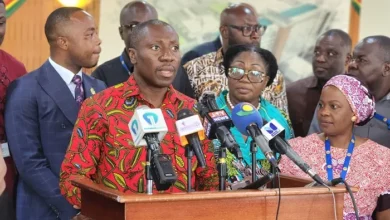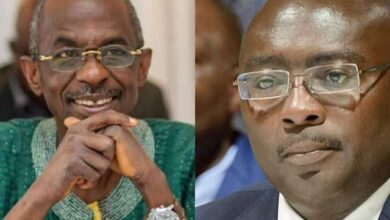
The Government has approved a policy exempting certain strategic government institutions from paying electricity bills, following a Cabinet decision led by President John Dramani Mahama.
Announcing the decision, Energy and Green Transition Minister John Abdulai Jinapor explained that the exemption is designed to guarantee the continuous operation of critical sectors such as security, health, and education.
This initiative seeks to promote responsible energy use while reinforcing the resilience of essential government services.
According to the directive, the Ministry of Finance will cover the electricity expenses for these institutions through allocated budget funds.
The exemption applies specifically to the Office of the President, Ministry of Defence, Ministry of the Interior, Ministry of Health, and Ministry of Education.
However, the waiver is limited to essential operational units, excluding non-core and auxiliary facilities.
In Education, only classrooms, universities, science and computer labs, lecture halls, and research centers qualify, while dormitories, dining halls, and recreational spaces are excluded.
In Health, coverage includes hospitals, operating theatres, blood banks, labs, and wards, but not staff housing or leisure areas.
For Defence, the exemption is restricted to critical sites like military intelligence, defence communications, and emergency systems, excluding other installations.
The Interior Ministry’s coverage is confined to police and emergency response units, leaving other facilities out.
The Electricity Company of Ghana (ECG) and Northern Electricity Distribution Company (NEDCo) have been instructed to intensify bill collections from entities not covered by this exemption. They are authorized to disconnect power from non-exempt organizations with outstanding debts.
Minister Jinapor emphasized that this move demonstrates the government’s dedication to financial discipline in the energy sector while ensuring reliable power for all Ghanaians.
“This exemption safeguards essential services in national security, healthcare, and education, while holding other users accountable,” he affirmed.



